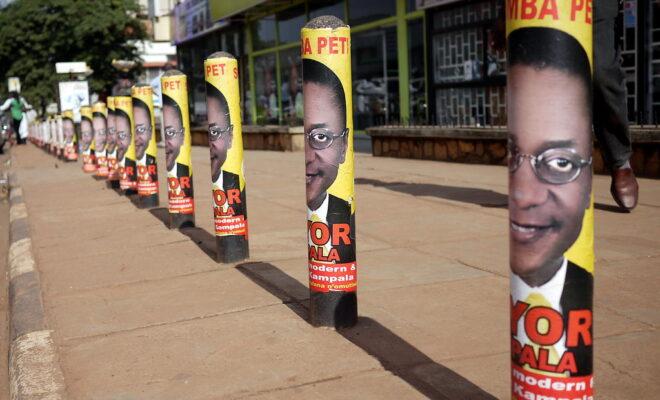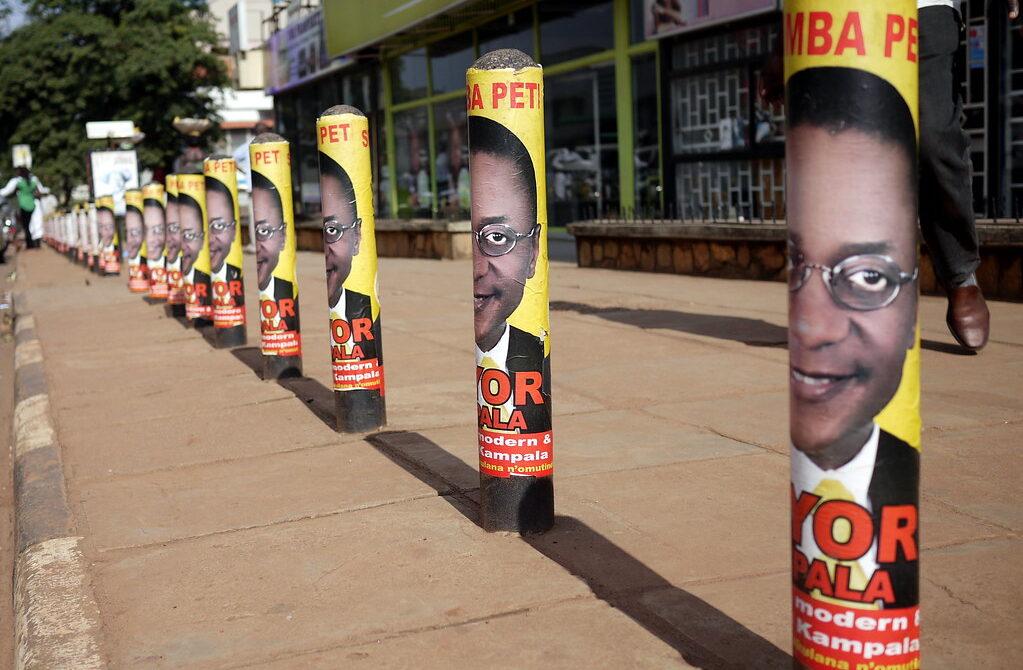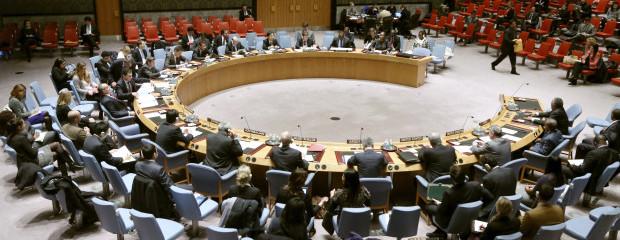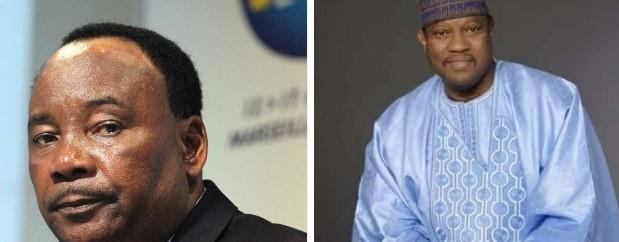How much does it cost to be a politician in Uganda? We found out

A new report looks into the expenditure of political candidates and MPs. Here are six key findings.

Elections posters in Uganda. Credit: Gabriel White.
As Uganda’s general elections, scheduled for 14 January 2021, approach, many are asking what they will bring. Another important question to ask, however, is what they will cost.
A new report begins to answer this question. Drawing on survey data from over 250 candidates from across 89 districts in the 2016 elections, the study examines the costs associated with seeking office at the parliamentary and local levels. It focuses on the spending of individuals rather than political parties and looks at expenditure not just during the campaign period but in party primaries and once in office.
It reveals the true costs of doing politics in Uganda. Here are some of the key findings:
1) It costs about $130,000 to win a seat
During the 2016 primaries and general elections, the average amount spent by a parliamentary candidate – both those successful and not – was UGX 465 million ($136,000). The average expenditure of those who went on to win their seats was UGX 485 million ($142,000).
Within these figures, however, there were significant differences between political parties. Candidates for the ruling National Resistance Movement (NRM) spent on average UGX 482 million ($141,000). This was much higher than the average UGX 309 million ($90,000) expended by Democratic Party aspirants or the UGX 236 million ($69,000) spent by Forum for Democratic Change nominees.
Of these totals, a significant proportion was spent during party primaries. The average expenditure in this period was 222 million ($65,000) but this again varies considerably between parties. NRM candidates tended to spend about three times as much as their opposition colleagues to secure their party nominations.
2) You have to spend to stay in office
For those who win, continuing to spend while in office is essential to enhancing the chances of re-election. MPs surveyed for the study spend on average UGX 32 million a month ($9,370), which is more than their official salary of UGX 30 million ($8,780). Just over 40% of these outlays are spent on social contributions such as payments to savings and credit cooperatives, support towards constituents’ medical bills and school fees, donations for burial expenses, and helping fund events held by influential locals. The rest of the 60% is spent on communication, transport, and media-related costs.
3) There is big regional variation
The costs of doing politics – both in seeking and holding office – are significantly higher in western and central regions. This is true for both parliamentary seats and local council chairperson (LCV) positions. In Western region, for instance, the average cost of running for parliamentary office in 2016 was UGX 570 million ($167,000). In Eastern region, it was just UGX 310 million ($91,000).
This regional variation broadly reflects both the distribution of poverty in Uganda and the areas of NRM support. In richer regions, which tend to be NRM strongholds, races are more competitive, and spending is higher.
4) Women spend more than men
Most women who run for office in Uganda do so under the country’s affirmative action policy that ensures at least one MP from each district is female. The women running for those seats spent an average UGX 496.4 million ($145,000) in the 2016 elections. This higher-than-average expenditure may be because female-only districts tend to be bigger than average – sometimes two or three times the size of direct constituencies – and that they are more competitive as they offer women the best chance of being elected.
For those running in non-affirmative action seats, female candidates tended to spend about the same as (or a fraction less than) their male counterparts but with much less success. Of Uganda’s 289 directly elected seats in parliament, just 17 were won by women.
5) High costs exclude many capable candidates
The high costs of politics make it difficult for certain kinds of citizens to run for office. 62% of individuals surveyed agreed that the costs made it difficult for women to seek political office. 75% agreed this was the case for youth. This means that Uganda’s parliament is increasingly full of representatives either connected to the echelons of power or business. Such a system excludes otherwise capable people who, owing to lack of resources, refrain from standing.
6) 99% believe the costs are rising
The costs of politics are increasing due to a range of factors. Firstly, the inability of local governments to deliver basic public services puts the burden on individual MPs to either address these gaps personally or to lobby central government. Secondly, high and rising privileges for MPs incentivises aspirants to win at all costs. Thirdly, there is no effective oversight of campaign expenditure. Low levels of voter education and weak political party structures at the local level also contribute to this political environment. Meanwhile, election expenditure – particularly for NRM candidates – is seen as political investment; even for those who do not win, running for office can open opportunities for other government appointments.
In the survey, more than three-quarters of respondents said they would spend more when contesting again for office. 99% agreed that the costs are rising. A recent report by the Alliance for Campaign Finance Monitoring-Uganda came to a similar conclusion. It described the last two electoral cycles (2011 and 2016) as spending wars but suggested expenditure in 2021 could be more than double the previous levels.
The research for this piece was funded by Westminster Foundation for Democracy and the Netherlands Institute for Multiparty Democracy.






